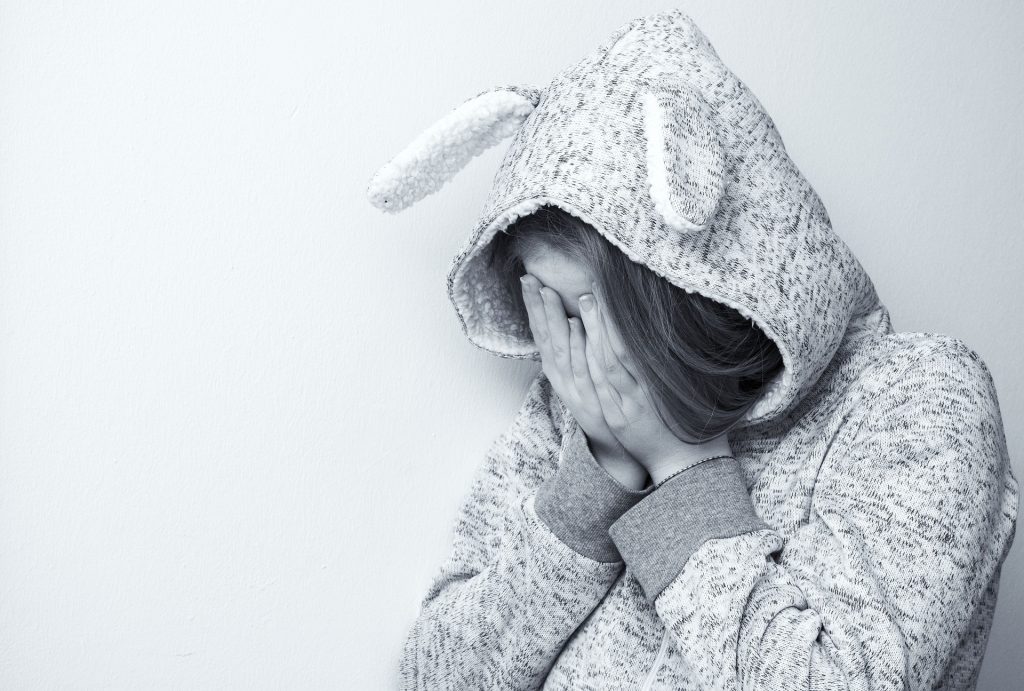
Depression is a growing problem. Poor eating is a growing problem, too. It makes you wonder if there might be a link between the two, or at least it should raise that question. Can food affect our moods? And, is there such a thing as a depression food diet? In short, yes what we eat affects our moods. After all, our brains to large degrees are nothing more than a factory of chemicals that control our bodily functions.
Have you ever had one day when you feel great and in good spirits, and the very next day you are down in the dumps, and yet nothing happened between the two days to explain the fluctuation in feelings? Why is that?
Julia Ross in her book The Mood Cure makes the distinction between false moods and true emotions. True emotions are just that – emotions resulting from events that give you a legitimate reason to feel a particular way. A death of a loved one should leave you grieving. Winning a National Championship should make you elated.
False emotions are emotions for which there are no logical or justifiable reasons. They are the result of our biochemistry and our biochemistry is affected by what we eat and our health habits such as exercise. False emotions tend to be negative feelings – depression, anxiety, stress, and fatigue for instance. We will focus on depression today.
Depression Food Diet
Depression is the result of low serotonin. Serotonin is a neurotransmitter. Thus, a depression food diet is one that is pro-serotonin. A pro-serotonin diet is one that is high in protein and in particular the amino acid, tryptophan. Tryptophan gets converted into serotonin. Twenty to 30 grams per meal of protein is recommended in a pro-serotonin diet.
Tryptophan is found in turkey, eggs, beef, pork, chicken, and dairy products. Wild game has even higher levels of tryptophan. For vegetarians tryptophan can be found in nuts, banana, pumpkin, and seeds. Human breast milk is higher in tryptophan than is soy or cow’s milk – so something to consider for those who might be expecting a child.
Also, the medical profession has been promoting a low fat diet for a long time, though that is beginning to change. It turns out that fat in the diet makes it easier for tryptophan to be absorbed by the brain. One study compared a diet with 41% fat to one that contained 25% fat and found a reduction in mood scores on the lower fat diet.
Four to five cups of vegetables daily are also recommended in the depression food diet. Vegetables provide many of the nutrients (see below) necessary for serotonin production.
To maintain serotonin levels there two classes of substances you want to avoid and they are caffeine and aspartame (NutraSweet). Though both may give you a temporary lift in mood, but they either deplete serotonin or compete it with for receptors on the brain.
Depression Supplements
Tryptophan gets converted into 5-HTP and 5-HTP gets converted into serotonin. 5-HTP and tryptophan supplements are available over the counter. St. John’s Wort is another serotonin boosting supplement available over the counter. In addition, serotonin production requires enough calcium, magnesium, vitamin D, and B vitamins.
We recommend you not take 5-HTP, tryptophan, or St. John’s Wort if you are already taking prescription medication without first having a discussion with your physician. Also. one should try either 5-HTP or tryptophan but not both, but either can be taken with St. John’s Wort.
The ususal dose for these three supplements are:
- 5-HTP: 50 mg to 150 mg in midafternoon and again at bedtime
- Tryptophan: 500 mg midafternoon and again at bedtime
- St. John’s Wort 300 mg three times a day
If no response in 4-6 weeks then the supplements should be stopped.
Improve your food, improve your mood!
